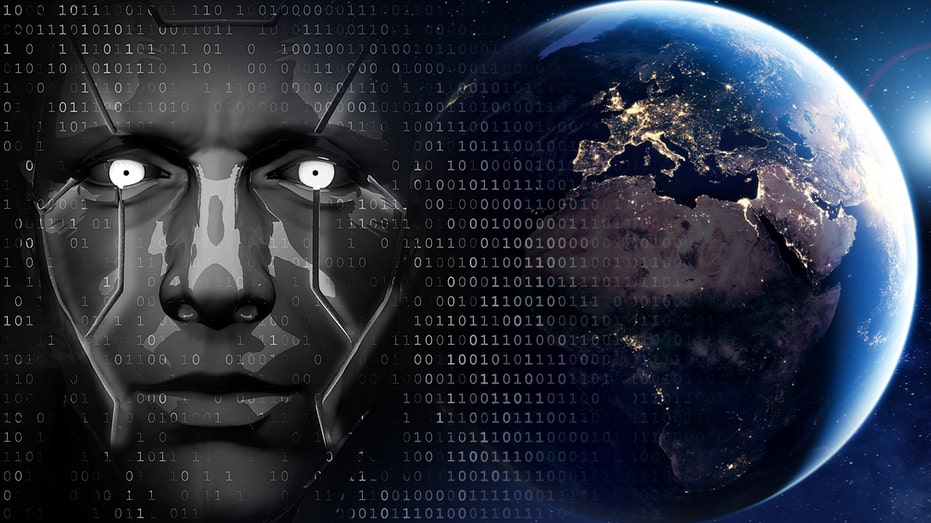How AI Will Transform Different Industries: A Comprehensive Overview
Introduction:
Artificial Intelligence (AI) has emerged as a disruptive
force that is reshaping various industries across the globe. With advancements
in machine learning, natural language processing, computer vision, and
robotics, AI is enabling unprecedented capabilities and efficiencies. From
healthcare and finance to manufacturing and transportation, the impact of AI is
revolutionizing the way businesses operate. In this article, we will delve into
the diverse applications of AI across different industries and explore how this
transformative technology is reshaping their landscape.
1. Healthcare:
AI is revolutionizing the healthcare industry by enhancing
diagnostics, personalized medicine, and patient care. Machine learning
algorithms can analyze vast amounts of medical data to detect patterns and make
accurate predictions, aiding in early disease diagnosis. AI-powered chatbots
and virtual assistants are improving patient engagement and providing 24/7
support. Surgical robots are assisting surgeons in complex procedures,
resulting in better outcomes and reduced recovery times. Additionally, AI is
facilitating drug discovery by analyzing large datasets and accelerating the
development of new therapies.
2. Finance:
The financial industry is undergoing a significant
transformation due to AI. Intelligent algorithms are streamlining fraud
detection by analyzing vast volumes of transactional data in real-time, helping
prevent financial crimes. AI-powered chatbots are being used to provide
personalized customer support and assist with financial planning. Automated
trading systems leverage machine learning algorithms to analyze market trends
and make data-driven investment decisions. AI is also enabling the automation
of repetitive tasks, such as document processing and risk assessment, leading
to increased operational efficiency.
3. Manufacturing:
AI is driving a paradigm shift in manufacturing, often
referred to as Industry 4.0. Intelligent robots and cobots are working
alongside human operators, automating repetitive and dangerous tasks. Machine
learning algorithms optimize production processes by analyzing sensor data and
predicting equipment failures, minimizing downtime. AI-powered quality control
systems ensure consistent product quality by detecting defects in real-time.
Furthermore, predictive maintenance systems leverage AI to identify maintenance
needs proactively, reducing costs and improving overall equipment
effectiveness.
4. Transportation:
The transportation industry is being revolutionized by AI,
particularly with the development of autonomous vehicles. Self-driving cars
equipped with AI algorithms and sensors can navigate roads, interpret traffic
signs, and make real-time decisions, leading to increased safety and
efficiency. AI-powered routing and logistics systems optimize transportation
routes, reducing fuel consumption and minimizing delivery times. Additionally,
AI is being used for predictive maintenance of vehicles, ensuring that
potential issues are addressed before they cause major disruptions.
5. Retail:
AI is reshaping the retail industry, enhancing customer
experience and optimizing operations. Recommendation systems leverage machine
learning algorithms to personalize product recommendations based on customer
preferences and behavior. AI-powered chatbots assist customers with inquiries,
providing instant support and improving engagement. Computer vision enables
cashier-less stores and automated checkout processes. AI algorithms analyze
customer data to identify buying patterns and optimize inventory management,
reducing waste and increasing profitability.
6. Education:
AI has the potential to transform the education sector by
personalizing learning experiences and improving educational outcomes.
Intelligent tutoring systems leverage AI algorithms to adapt teaching methods
based on students' individual needs and learning styles. Natural language
processing enables automated essay grading and feedback, freeing up time for
educators. AI-powered virtual reality and augmented reality applications
enhance interactive learning experiences. Additionally, AI-based analytics
systems help institutions identify at-risk students and develop targeted
interventions.
7. Agriculture:
The agricultural industry is benefiting from AI through
increased productivity and sustainable practices. AI-powered drones and satellite
imagery analyze crop health, enabling early detection of diseases and
optimizing irrigation and fertilizer usage. Machine learning algorithms analyze
weather patterns and historical data to predict optimal planting and harvesting
times. AI-based robots automate labor-intensive tasks such as seeding and
harvesting, reducing costs and increasing efficiency. Furthermore, AI assists
in crop breeding, enabling the development of more resilient and higher
-yielding varieties.
Conclusion:
The widespread adoption of AI is transforming various
industries, revolutionizing the way businesses operate and unlocking new
opportunities. From healthcare and finance to manufacturing and transportation,
AI-powered solutions are enhancing efficiency, improving decision-making, and
enabling new capabilities. As AI continues to evolve, it is crucial for
industries to adapt and harness its potential to stay competitive in the
ever-changing landscape. Embracing AI technologies will undoubtedly shape the
future of industries, paving the way for a smarter, more connected, and
efficient world.


.jfif)
.jfif)



0 Comments